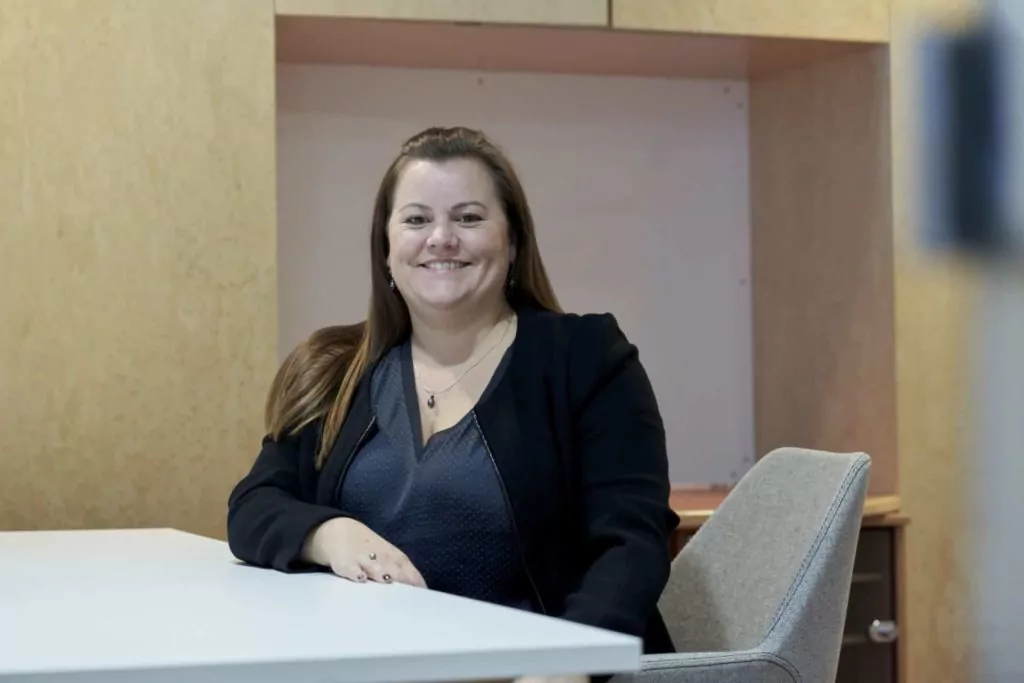
Estate administration fraud: Probate manager jailed for defrauding £634,000 from estates

In April, you may have seen in the press the startling case of two women, one a probate practitioner, jailed for defrauding and laundering more than £634,000 from estates.
The funds stolen included money intended for charities such as Cancer Research UK and Great Ormond Street Hospital.
This article will cover the facts of the case, our thoughts, and the things you can look out for as legacy officers.
Facts of the case
The Crown Prosecution Service (CPS) reported that Laura Porter, who was a probate manager at two firms of solicitors, defrauded twenty-three estates over a period of thirteen years.
Porter defrauded the estates by making payments, disguised as a debt owed by the deceased or a gift. These payments were made to her friend Julie Atkins with a portion of this money later transferred back to Porter.
To try and conceal her dishonesty, Porter deliberately targeted estates without close family where she thought the fraud would go unnoticed. As a result, over £634,000 was defrauded from the estates with beneficiaries such as Cancer Research UK, Great Ormond Street Hospital, local hospices, and animal charities losing out on their much-needed legacies.
The offences were uncovered when Porter moved firms and a discrepancy was discovered with one of the estates involving a £5,000 payment to Atkins. An audit by both firms where Porter worked, uncovered fraudulent money transfers. Porter and Atkins were subsequently arrested with Porter being jailed for four years after pleading guilty to charges of fraud and money laundering. Atkins was also found guilty of money laundering and sentenced to 30 months.
The CPS will now seek to recover any criminal proceeds from the defendants in order to compensate the beneficiaries.
Our thoughts
This case is concerning given the extent of the abuse of a professional position of trust that had gone unnoticed for a period of years. Porter may have considered charities as easier to deceive as usually, they do not hold any information regarding the deceased or their estate prior to their death.
This type of probate fraud does not only impact the financial position of the charity beneficiary, it can also cause reputational issues if supporters perceive the charity has failed to put in place procedures to spot fraud which is then reported in the press. In addition, due to the current economic climate, fraud of this kind could become more commonplace, and charities need to be vigilant to this.
Furthermore, according to the Office for National Statistics, it is predicted that the number of annual deaths will increase to 700,000 by 2030. Based on these predictions, Smee & Ford expect the number of charitable estates to reach 40,000 in 2029.
Probate fraud of this kind is therefore expected to increase, and charities need to ensure they dedicate resources to demonstrate how they are protecting themselves and their supporters from any future loss. This will ensure that supporters continue to leave gifts in wills to the charities and causes close to their heart.
Our top tips
- Charities should be alert to the tactics of fraudsters and ensure that training of legacy officers is kept up to date.
- Conduct regular case reviews including adding in key dates and detailed notes for colleagues/future reference.
- Be vigilant to any unusual discrepancies or payments when reviewing Estate Accounts.
- Ensure all assets have been accounted for and properly distributed.
- Review whether the liabilities are consistent with the lifestyle of the donor (if known).
- Ask the personal representative(s) or their legal representative for a prompt explanation if you have a query regarding the Estate Accounts before approving them.
- If your charity is acting as the personal representative of an estate, instruct a trusted law firm to administer the estate on your behalf.
- Sign up to Smee & Ford Legacy Notifications and review them carefully once a notification has been received. Follow up with the personal representatives who proved the will if you have not been contacted previously.
- If there are concerns about a lawyer administering an estate, ensure that you contact the individual directly in the first instance and if this does not resolve your concern, ask their firm's complaints procedure.
- Work alongside other charitable co-beneficiaries to make the best use of resources and appoint a lead charity to liaise on behalf of all of the charities.
How we can help
If you suspect probate fraud of any kind and need advice, please contact our Contentious Probate team.



















